Modern truck fleets are undergoing a digital transformation, leveraging technological advancements for improved efficiency and sustainability. Integrating smart solutions like GPS tracking, fleet management software, and autonomous driving enhances performance, safety, and cost-effectiveness. Telematics optimizes routes, reduces fuel consumption, and cuts operational costs. Adopting electric or alternative-fuel trucks minimizes environmental impact and boosts public image. Strict emissions standards drive innovation in cleaner technologies. The future of trucking includes AI for efficient route planning and predictive maintenance, while autonomous driving promises enhanced safety and productivity gains.
“In today’s logistics-driven world, understanding the impact of various factors on truck fleets is paramount. This article explores the multifaceted role of trucks within modern fleets, delving into technological advancements that enhance efficiency and safety. We analyze operational cost savings and environmental sustainability practices in trucking. Furthermore, we examine emerging trends shaping fleet management, ensuring businesses stay ahead in an ever-evolving industry. Discover how these elements intertwine to define the future of truck operations.”
- The Role of Trucks in Modern Fleets
- Technological Advancements and Their Impact
- Operational Efficiency and Cost Savings
- Safety Considerations for Truck Fleets
- Environmental Sustainability in Trucking
- Future Trends Shaping Truck Fleet Management
The Role of Trucks in Modern Fleets
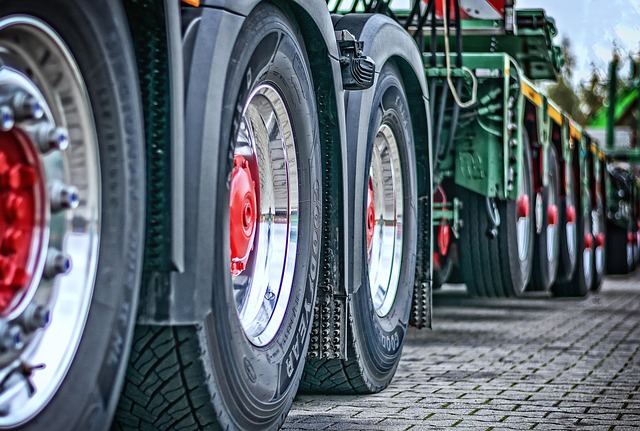
In modern fleets, trucks play a pivotal role, serving as workhorses for a multitude of industries. These vehicles are essential for transporting goods, equipment, and materials across vast distances, ensuring the smooth functioning of supply chains. With advancements in technology, modern trucks offer improved efficiency, safety features, and reduced environmental impact, making them a key component in the evolution of fleet management.
They come equipped with state-of-the-art navigation systems, advanced driver assistance systems (ADAS), and electric or hybrid powertrains, enhancing their performance and contributing to the overall sustainability of logistics operations. The integration of trucks into smart fleets allows for real-time tracking, optimized routes, and better asset utilization, thereby increasing productivity and reducing operational costs.
Technological Advancements and Their Impact
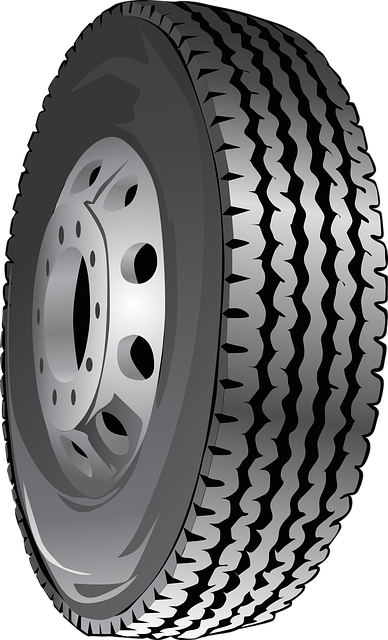
Technological advancements are revolutionizing the way fleets, particularly truck operations, function and perform. The integration of advanced systems and smart solutions is significantly improving efficiency across various sectors. From GPS tracking and fleet management software to autonomous driving capabilities, these innovations offer real-time data insights, optimize routes, and enhance safety measures for drivers.
For instance, connected technologies enable continuous communication between vehicles, allowing for better coordination and reduced congestion on roads. Additionally, automation in the form of advanced driver assistance systems (ADAS) is improving road safety by mitigating human error. As a result, truck fleets are experiencing increased productivity, reduced operational costs, and enhanced overall performance while adhering to stringent industry regulations.
Operational Efficiency and Cost Savings
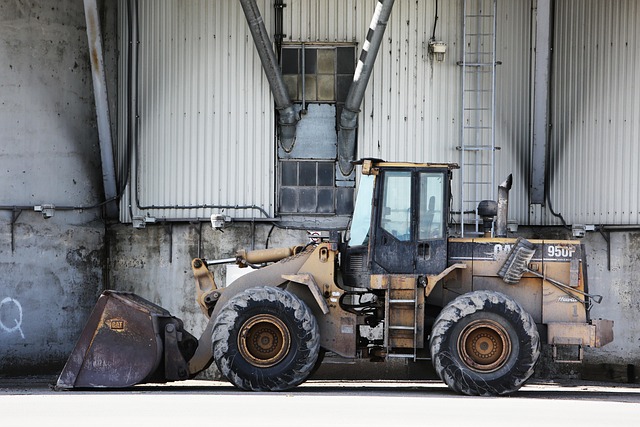
In today’s competitive landscape, fleets, especially those relying on trucks for logistics, are constantly seeking ways to enhance operational efficiency and cut costs. Implementing advanced technologies plays a pivotal role in achieving these objectives. For instance, telematics and GPS tracking enable real-time monitoring of vehicle locations, driver behavior, and cargo conditions, optimizing routes and minimizing idle time. This not only reduces fuel consumption but also enhances overall fleet productivity.
Additionally, the adoption of electric or alternative-fuel trucks offers significant cost savings in the long run by lowering power and maintenance expenses. As green initiatives gain traction, many businesses are turning to these eco-friendly options, which also contribute to a reduced carbon footprint. This shift not only benefits the environment but also positions companies as forward-thinking leaders in their industry, fostering positive public relations and potentially attracting environmentally conscious customers.
Safety Considerations for Truck Fleets
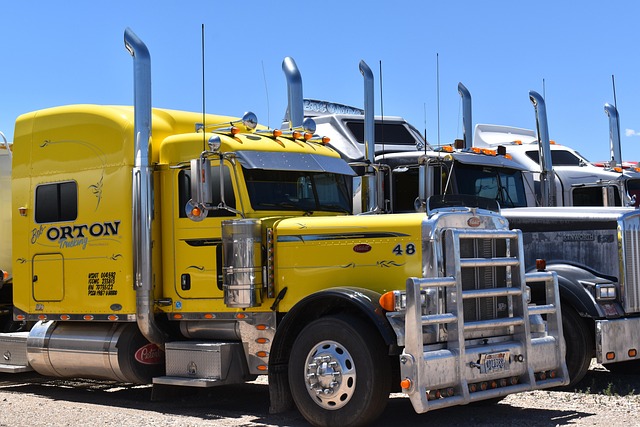
Truck fleets, given their vital role in logistics and transportation, face unique safety challenges that demand meticulous attention. Ensuring the well-being of drivers and maintaining the integrity of vehicles is paramount to preventing accidents and reducing operational risks. One key consideration is regular maintenance checks, which include thorough inspections of brakes, tires, lighting systems, and other critical components. These preventive measures not only extend vehicle lifespans but also enhance safety by identifying potential hazards before they escalate.
Moreover, fleet managers must prioritize driver training and education on defensive driving techniques. Educating drivers about fatigue management, safe loading practices, and awareness of their surroundings can significantly mitigate risks on the road. Additionally, implementing advanced technologies such as telematics, driver monitoring systems, and collision avoidance features in trucks can further bolster safety across the fleet.
Environmental Sustainability in Trucking
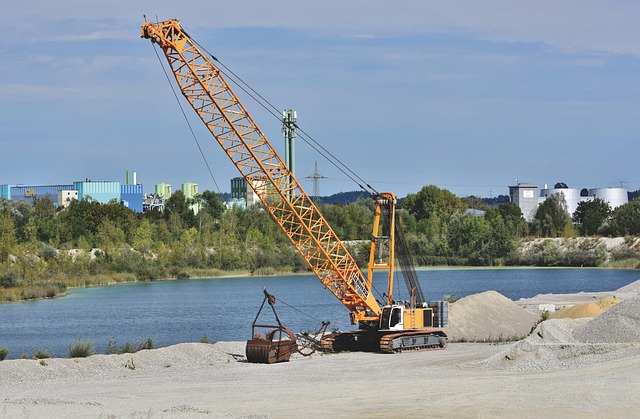
In today’s digital era, environmental sustainability in trucking has become a paramount concern. As fleets navigate an increasingly competitive landscape, adopting eco-friendly practices is no longer merely an ethical choice but a strategic necessity. By prioritizing sustainable operations, truck companies can reduce their carbon footprint, lower fuel costs, and enhance their public image. This shift towards greener methods involves investing in fuel-efficient vehicles, utilizing alternative energy sources like electric motors, and implementing sophisticated route optimization algorithms to minimize empty miles.
These initiatives not only benefit the environment but also foster a more robust and resilient trucking industry. With governments worldwide imposing stricter emissions standards, embracing sustainable practices becomes a game changer for fleets aiming to stay ahead of the curve. As a result, trucks are being designed with advanced technologies that improve efficiency while reducing pollution, marking a significant step towards a more sustainable future in the transportation sector.
Future Trends Shaping Truck Fleet Management
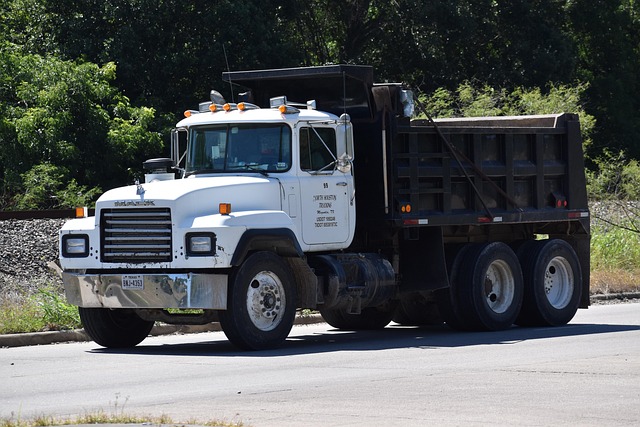
The future of truck fleet management is being shaped by several key trends, driven largely by advancements in technology and a growing focus on sustainability and efficiency. One prominent trend is the increased adoption of electric and alternative-fuel trucks. As environmental concerns continue to mount, many fleets are turning to cleaner energy sources to reduce their carbon footprint. This shift not only benefits the environment but can also lead to significant cost savings through lower fuel and maintenance costs.
Another notable trend is the integration of advanced technologies such as artificial intelligence (AI) and machine learning into fleet management systems. These technologies enable more efficient route planning, predictive maintenance, and real-time monitoring of vehicle performance. By leveraging data analytics, fleet managers can optimize operations, improve safety, and reduce downtime. Furthermore, autonomous driving technology promises to revolutionize trucking by increasing safety, improving productivity, and reducing labor costs.
Modern truck fleets are undergoing a transformative journey, driven by technological advancements that promise enhanced efficiency and safety. As operational costs continue to be a key focus for businesses, adopting innovative solutions like autonomous driving and smart logistics can significantly reduce expenses while improving environmental sustainability. By embracing these future trends, fleet managers can ensure their operations remain competitive and resilient in an ever-evolving trucking landscape, ultimately shaping a more efficient and eco-friendly industry.
